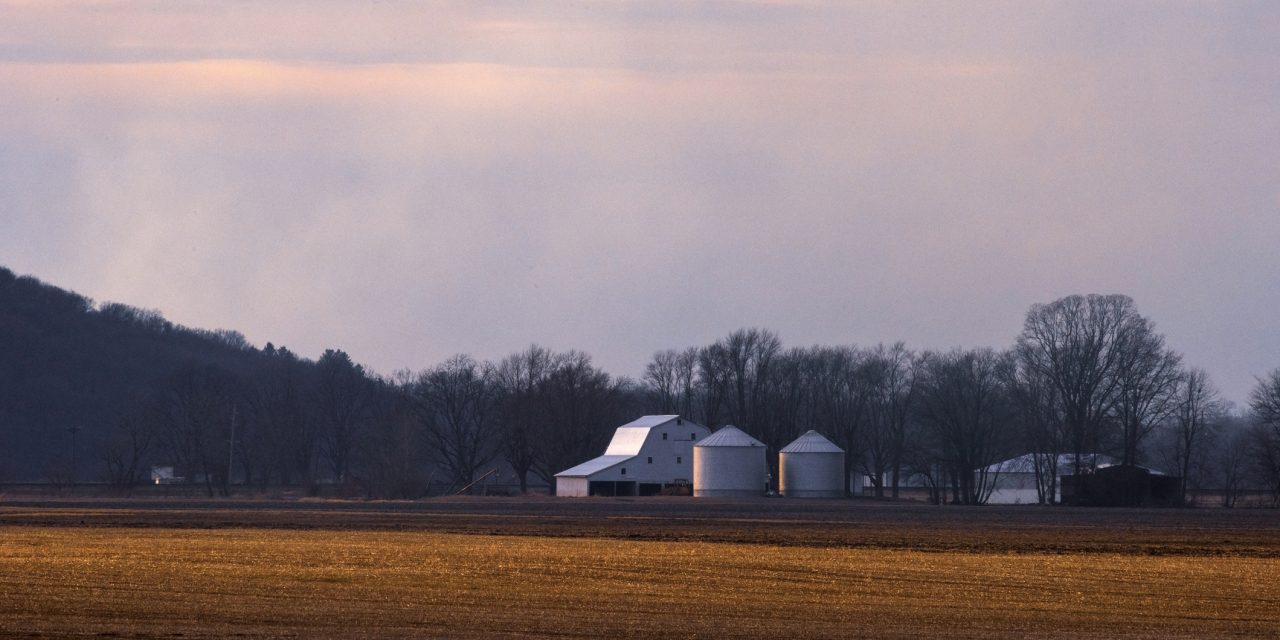As I travel the state, I hear heartbreaking stories from families about how the search for affordable health coverage dictates their family, farm, and business decisions. Agriculture is not just a profession; it’s a way of life. Unfortunately, traditional healthcare options often fail to accommodate farmers and the self-employed.
Recently, a young man shared his dream of returning home and working full-time with his family on the farm. However, when he factored the cost of health insurance into his finances, it was impossible to support two families on the farm’s income. Instead of pursuing his dream, he is now working an off-farm job in town until a more affordable option is available. Another farmer told me his family’s monthly premiums jumped to $1,800. This led to the difficult family decision of his spouse seeking off-farm employment to find more affordable health coverage.
These are common problems for farmers and ranchers.
The fact is, if one family member doesn’t have access to employer-provided health coverage or their income disqualifies them from subsidies on the Affordable Care Act marketplace, plans are expensive. These people fall into a “coverage gap” without an affordable option. As a result, some families and individuals are going uninsured.
The good news is that a proven solution is working in 10 other states. These states have given their respective farm bureaus the green light to offer affordable and effective health benefit plans to their members. In many instances, these plans have been life-changing. Young people with dreams of farming full-time have been able to return home. Spouses who wish to work full-time on their family farm have been able to do so. Entrepreneurs stuck without quality options finally have one for themselves and their families.
Other state Farm Bureaus who can provide this option report approximately nine out of 10 applicants are offered coverage. These plans won’t work for everyone. They are medically underwritten to accurately assess an individual’s health risk, meaning some applicants are not offered a health benefit plan. Additionally, there is a waiting period before some pre-existing conditions are covered. These two modifications allow for significant cost-savings, which are passed on to members in the form of less expensive premiums and deductibles for similar or identical quality of coverage that they would receive from a traditional insurance plan. Once a member is approved, plans will continue, and expenses will be covered as long as members pay their premium and MOFB membership dues.
Unfortunately, there are no “one size fits all” healthcare solutions, and the federal government in Washington, D.C. is not coming to “help” us anytime soon. Notably, critics of Farm Bureau Health Plans continuously fail to propose any solutions, ignoring the success found in neighboring states. Opponents embrace the status quo and blatantly disregard that there are people who fall between the cracks of myriad government-subsidized programs, and they still cannot afford health coverage.
For 108 years, Missouri Farm Bureau has advocated for farmers and our members’ interests, and we help find solutions to pressing problems. We have a history of serving our members well, and that is what we will continue to do.
We are thankful that the Missouri House of Representatives has approved Farm Bureau Health Plans legislation sponsored by Rep. Kurtis Gregory (R-Marshall). House Bill 2082, handled by Sen. Sandy Crawford (R-Buffalo), now awaits time to be debated by the Senate. Missouri’s legislative session will end on May 17.
Please contact your State Senator and ask them to pass HB 2082 now.


